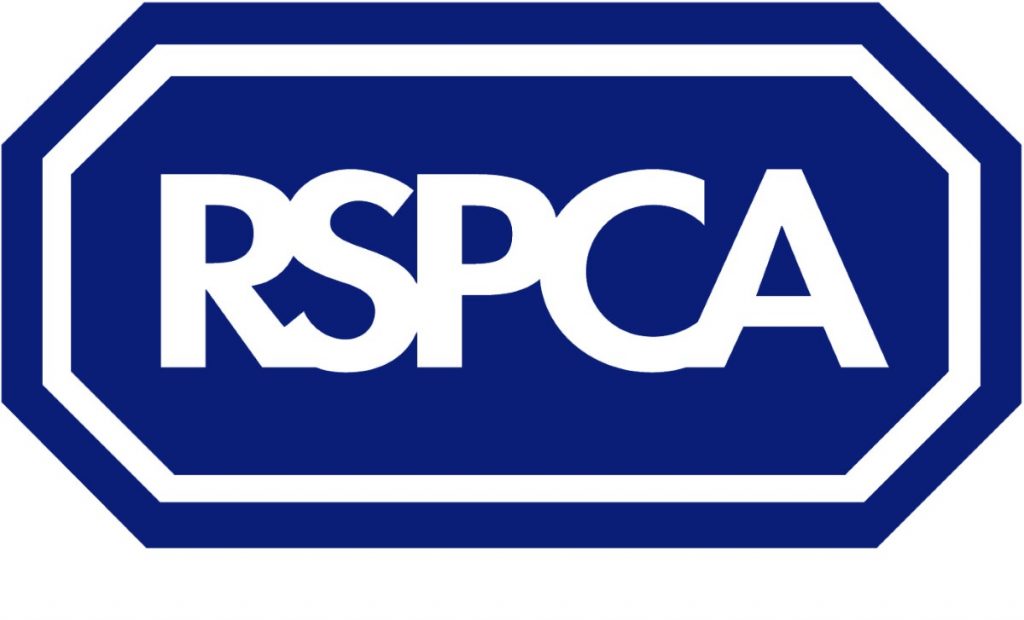RSPCA: Hidden horrors of Halloween!
RSPCA warns of dangers of chocolate and costumes
In readiness for Halloween, the RSPCA has released a few important tips to keep dogs safe and comfortable.
Last year the RSPCA received around 5,550 calls on Halloween from people seeking help and advice. With the number of calls for help increasing every year, the charity is bracing itself for another busy night.
“Halloween is growing in popularity every year, and while it is a fun night of costumes and chocolates it does present some hazards for your pet,” said Lisa Richards, RSPCA dog expert.
“We would urge people to take a little extra care at this time of year, and by following our top tips we hope everyone can have a happy, healthy – and horrifying – Halloween!” she added.
• Tricks no Treats – Most dog owners already know to avoid giving their dog any form of chocolate as it is toxic to dogs if consumed.
• Sweet treats wrapped in tin foil or plastic wrappers can harm your pet if ingested. Artificial sweeteners such as xylitol and many human foods like raisins can also pose serious health hazards at Halloween time.
• If trick or treating is popular in your area, please don’t leave your dog outside. Dogs could possibly be teased or frightened by strangers in costumes and masks or fed improper foods. The best place for your dog is in their space inside your home.
• The constant knocking on the door and ringing the doorbell could also make your pet anxious, so it’s a good idea to give pets constant access to a quiet places where they can hide and rest undisturbed. This doesn’t just apply to dogs, but all pets.
• If you are considering dressing your pet up – the RSPCA recommends that dogs should only wear clothing if it has a clear welfare benefit to the dog wearing it (e.g. warmth and waterproofing for old, thin, bald or ill animals). It shouldn’t stop the dog behaving or moving normally as the primary purpose of the clothing must be functionality (to improve welfare), but we recognise that items can be fun whilst being functional.
If you are concerned that your pet may have been poisoned please contact your vet immediately. They will ask for details of when you suspect the poisoning occurred and symptoms. You may be asked to bring in your pet as soon as possible.
Signs that your animal could be poisoned vary and can include any of the following: depression, unsteady on their feet, vomiting, diarrhoea, breathing difficulties and twitching or seizures.
Never try to make your pet vomit, as it can be extremely dangerous.
Different substances can affect animals in different ways. Some symptoms can take days to appear.
For more information on poisoning and pets log onto www.rspca.org.uk/poisoning
Next week marks the launch of the RSPCA’s ‘Everyday Heroes’ winter campaign – which aims to encourage people to be a hero for animals. From simple seasonal things like keeping chocolate away from pets during celebrations like Halloween to checking under bonfires for hibernating hedgehogs…small actions can make a big difference for animals.
-ends-
For interviews please contact the RSPCA press office on 0300 123 0244.
RSPCA, Wilberforce Way, Southwater, Horsham, West Sussex RH13 9RS
Press office direct lines: 0300 123 0244/0288 Fax: 0303 123 0099
Duty press officer (evenings and weekends) Tel 08448 222888 and ask for pager number 828825
Email: press@rspca.org.uk Website: www.rspca.org.uk
Our animal hospitals are open 24 hours a day, 365 days a year, and funding
them costs us £16,706 every single day. So many of these days are filled
with life-or-death moments, with critically ill animals in need of
emergency treatment. Please join the team to help keep animals alive
www.rspca.org.uk/donate/hospitalappeal





-01.png)